VIDEO: How to Talk to Children About War in Ukraine
Our Psychotherapist, Christina, Shares How to Talk to Children About Ukraine
Children are sponges, they hear what is going on around them and they take it all in. For all children but particularly children in foster care, overhearing the news when it is scary can be very unsettling. Fostered children often have highly sensitive fear systems due to their life before foster care and so, can become more agitated and easily triggered to frightening news than others. It might not feel appropriate to talk to children about war, depending on their age and experiences but it is far better to give them the space to express their feelings and arm them with information than to leave them guessing about something they likely do not fully understand, or simply trying to offer reassurance.
Christina shares her top tips for speaking to children about the war in Ukraine, which you can watch above.
How to speak to children about war in Ukraine
Talk to your foster children - ask them what they know or what they’ve heard about the war in Ukraine
Ask them what their fears are and if they can’t tell you, give them your best guess at what they might be feeling
Let them know you really understand their fears - listen and validate their experience
Do some research - information is a much better response to fear than reassurance is
For young children, look at a map and show them how many countries are between the UK and Ukraine
For older children, take a look at the Newsround website for brilliant information on big topics aimed at young people
Let them know that there are many people trying to stop this war and that, even if it were to get bigger, it’s very unlikely that bombs would come to their home
Let them know that this war wasn’t a surprise - people have known for many weeks and months that the situation was getting more dangerous
Talk to your children about what they can do - is their school collecting donations for Ukraine?
Talk to your children about being kind to others, particularly if they come across people with family heritage from Ukraine or Russia
Let them know that the majority of Russian’s are not involved in this war and they are not responsible for the actions of their leaders - just as they were not responsible for the frightening things that might have happened to them before their life in foster care
Read more about Christina
Further resources on the Ukraine Crisis by National Youth Agency
